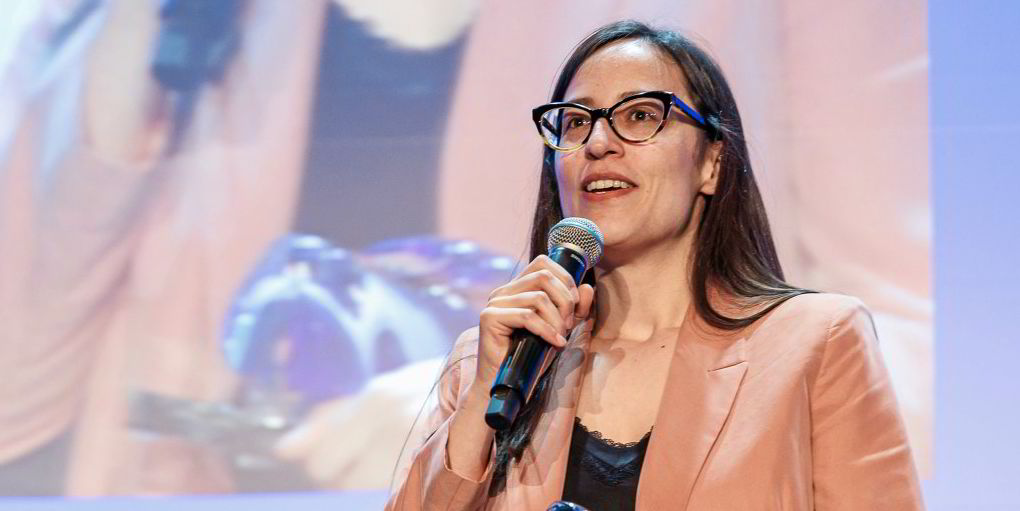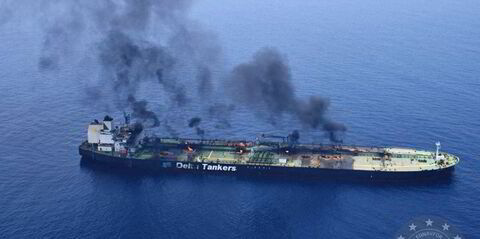Nitzeira Watson Stewart’s first exposure to the maritime world was a punishment for bad behaviour. When she was a rebellious teenager, her father felt she needed more strict rules, so he enrolled her in a maritime high school in Panama City.
“You think that that high school will manage me or control me? I don’t think so,” she recalled saying to him.
But she told TradeWinds that her first glimpse of maritime as a teenager left Watson, now 34, wanting more of what would become an industry she loves.
Now the Panamanian is one of the rising stars of her country’s maritime sector.
During Nor-Shipping in June, when YoungShip Oslo unveiled its list of 10 Women to Watch, Watson was the only non-European to make the list.
The group’s communication director, Vilde Lyngstad Hageselle, said that among the reasons she was selected for the award was the fact that she received several other recognitions for her achievements at a young age.
Empowering young people
And YoungShip Oslo cited the fact that Watson is empowering other young people in the maritime field.
“The words describing Nitzeira were: virtuous, strong and intelligent,” Hageselle told TradeWinds.
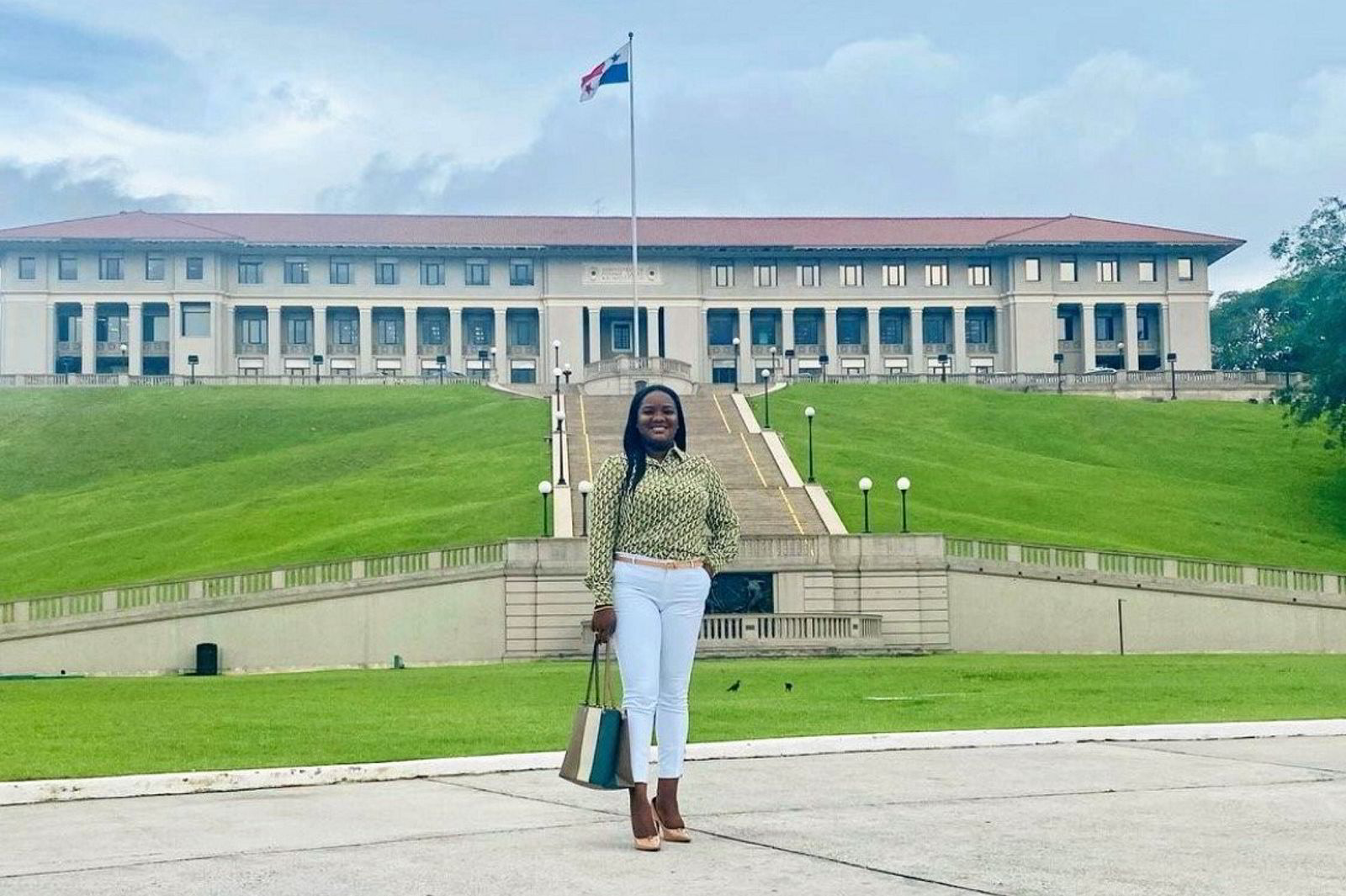
Watson works as the legal representative for the Panama branch of the Nautical Institute, a nonprofit organisation focused on best practices and safety in the shipping industry.
Getting to this level of recognition was not easy.
Inside the bureaucracy
Watson spent a decade in technical roles at the Panama Maritime Authority (AMP), the country’s main government body overseeing shipping.
But in its bureaucracy, there seemed to be no room for growth, no help for a young person to make their way up the ladder. Although the maritime sector is important in Panama, opportunities are more readily available to those who have connections, she said.
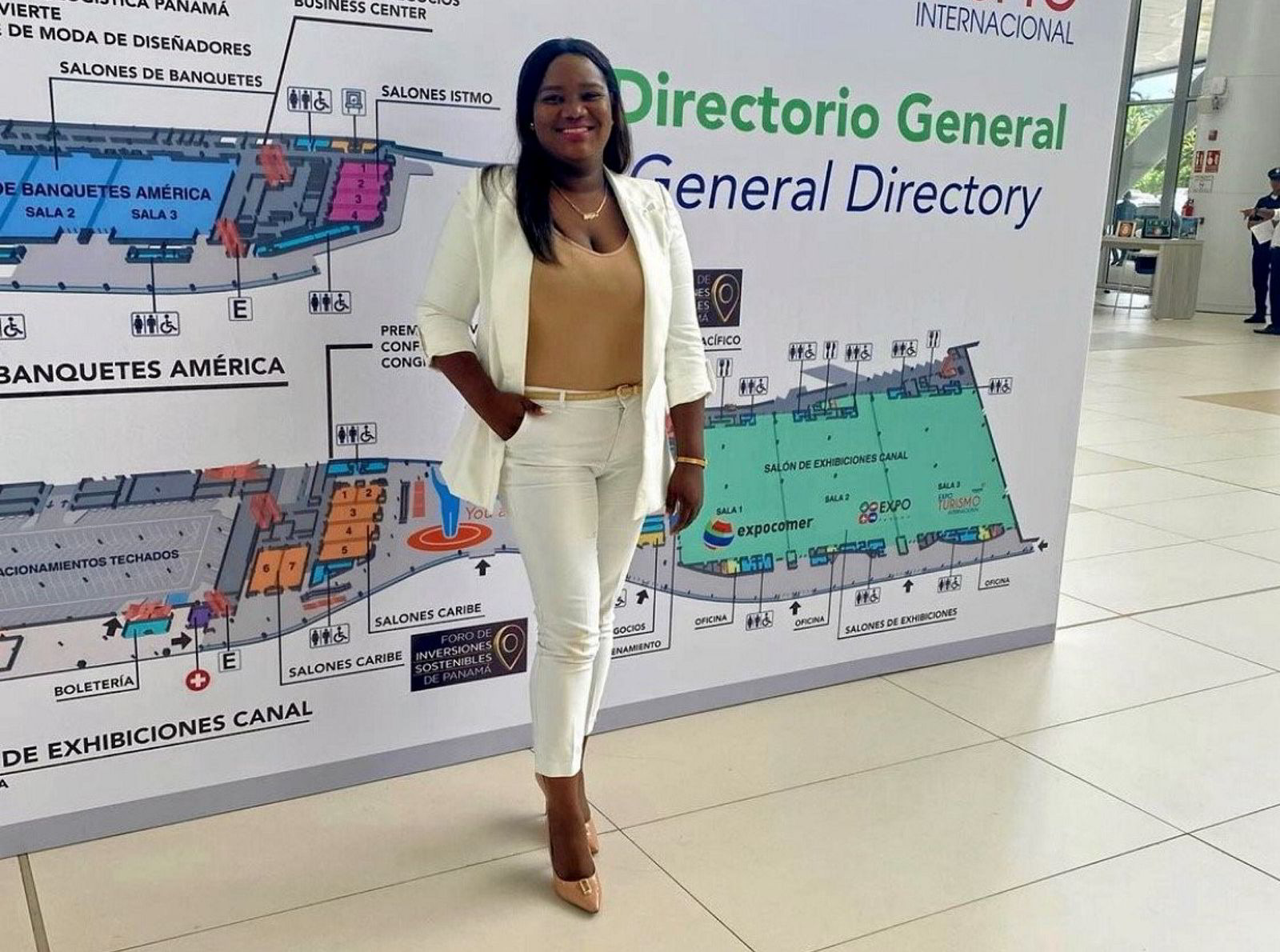
“Here in Panama, we have a saying: ‘Contacto mata curriculum’,” she said, using a phrase in Spanish that roughly translates as “contacts trump a CV”.
Watson worried that as long as she stayed at AMP, she would be stuck behind the same desk for years. She also came to the conclusion that women have fewer opportunities in Panama’s maritime sector.
Looking abroad
“So I said, ‘I need to go to another country just to see if it is the same as here’,” she recalled.
She won the International Association of Ports and Harbors’ Biennial Training Scholarship, awarded to one woman in the maritime sector every other year, which allowed her to study in Spain for her master’s degree in maritime law and port management at Polytechnic University of Catalunya in Barcelona.
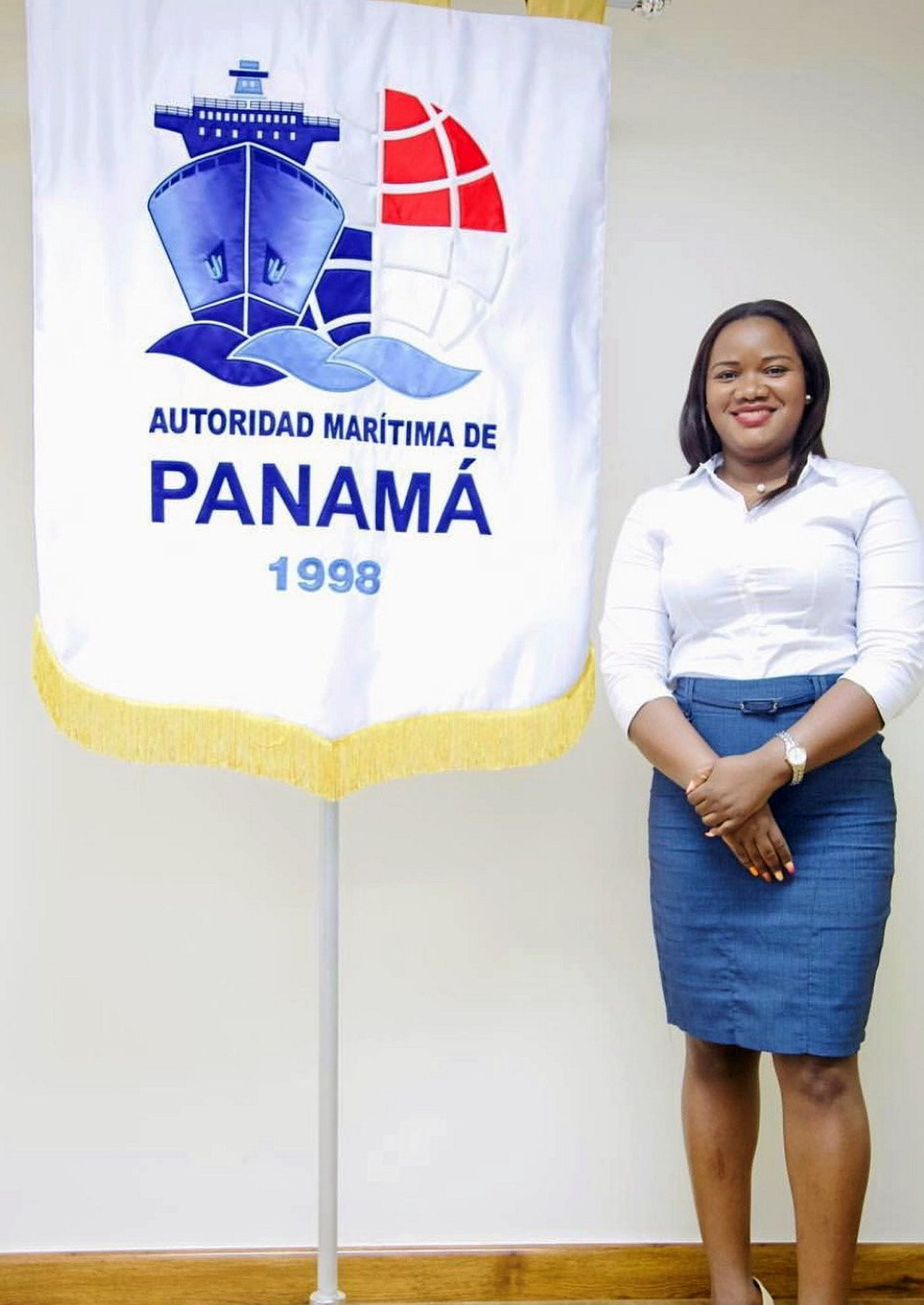
The chance to pursue her law degree did not come at the most convenient moment. Watson’s first child was only three months old, and her mother offered to care for the boy.
Being separated from him was tough, and she considered returning home to Panama.
“Don’t return to Panama if you don’t have that masters in your hand,” her mother said, as Watson recalled.
The time in Spain opened new perspectives, as she was exposed to a new culture and networked with professionals from outside her home country.
If she thought opportunities seemed to be hard to reach in Panama, her time in Barcelona was also confirmation that they could be obtained through “sacrifice and effort”.
“I just told myself that I have potential and I can show myself and show my family and show my friends and show everyone that is looking at me that we have opportunities — we have big potential — but we have to work for it,” said Watson.
That is a message that she shares with other young women — that shipping does have opportunities for them, but they have to reach out and grab them — as president of YoungShip Panama, a branch of the wider YoungShip organisation that she co-founded.
‘You have to show what you can do’
“If you don’t go look for it, you will not get it, and when you have the opportunity, you have to show that you can do it,” said Watson, who also has a bachelor’s degree in maritime science.
Her experience in Spain and other accolades opened doors, as international recognition led to more acceptance in Panama.
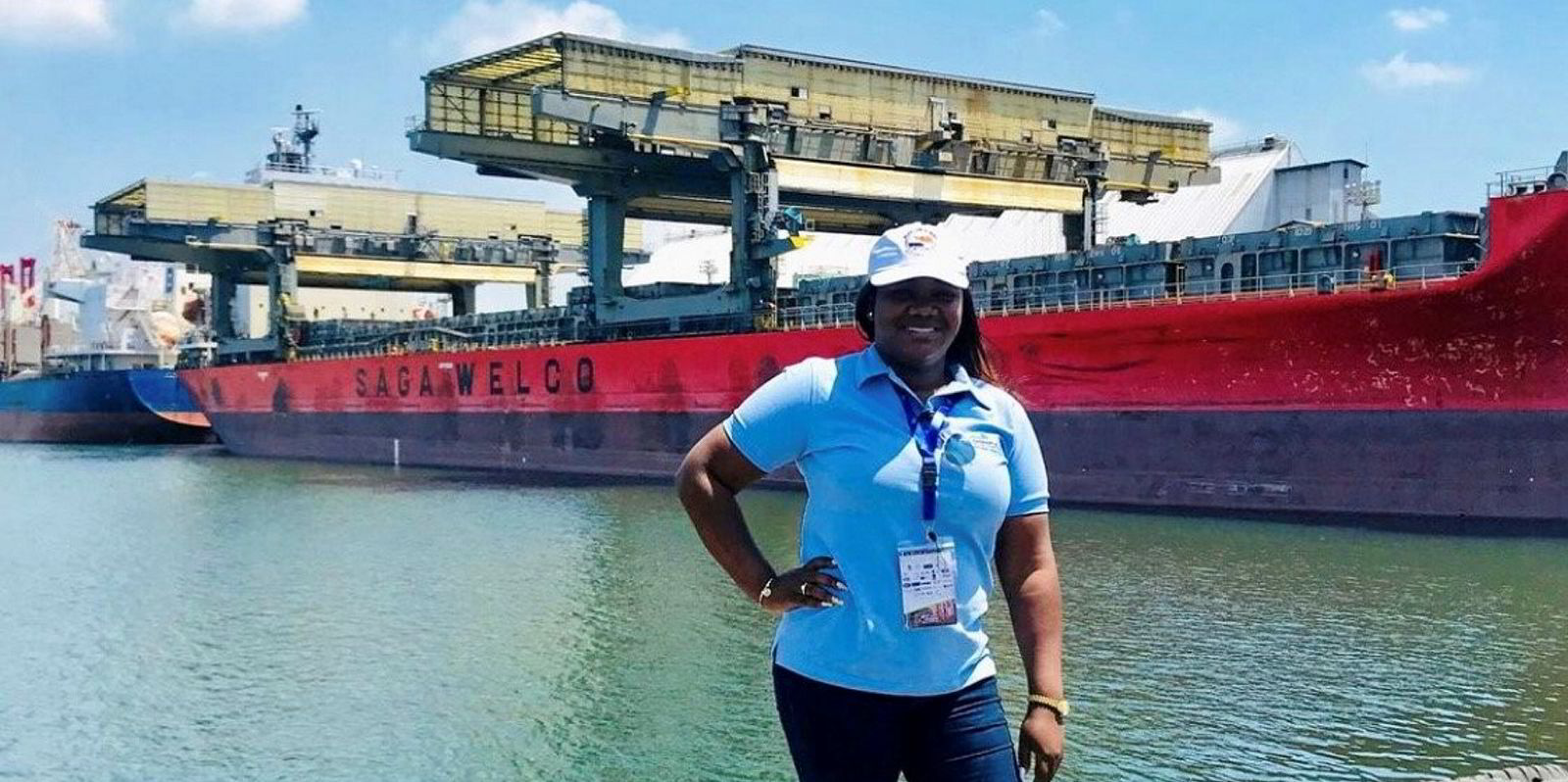
But Watson seems eager to change that about her country, to open doors for young people inside Panama.
Asked where she hopes her career will take her, those young people remain on her mind.
‘Education has to change’
Watson wants to change her country’s education system, which she described as poor compared to her university experience in Barcelona. To do that, she sees politics as one potential career path.
“We are a maritime country, but we don’t have the real education that we need,” she said.
“Contacto mata curriculum — I think that has to change. I think education has to change… We have to give more opportunities to young leaders.”

